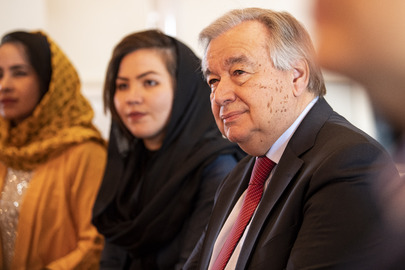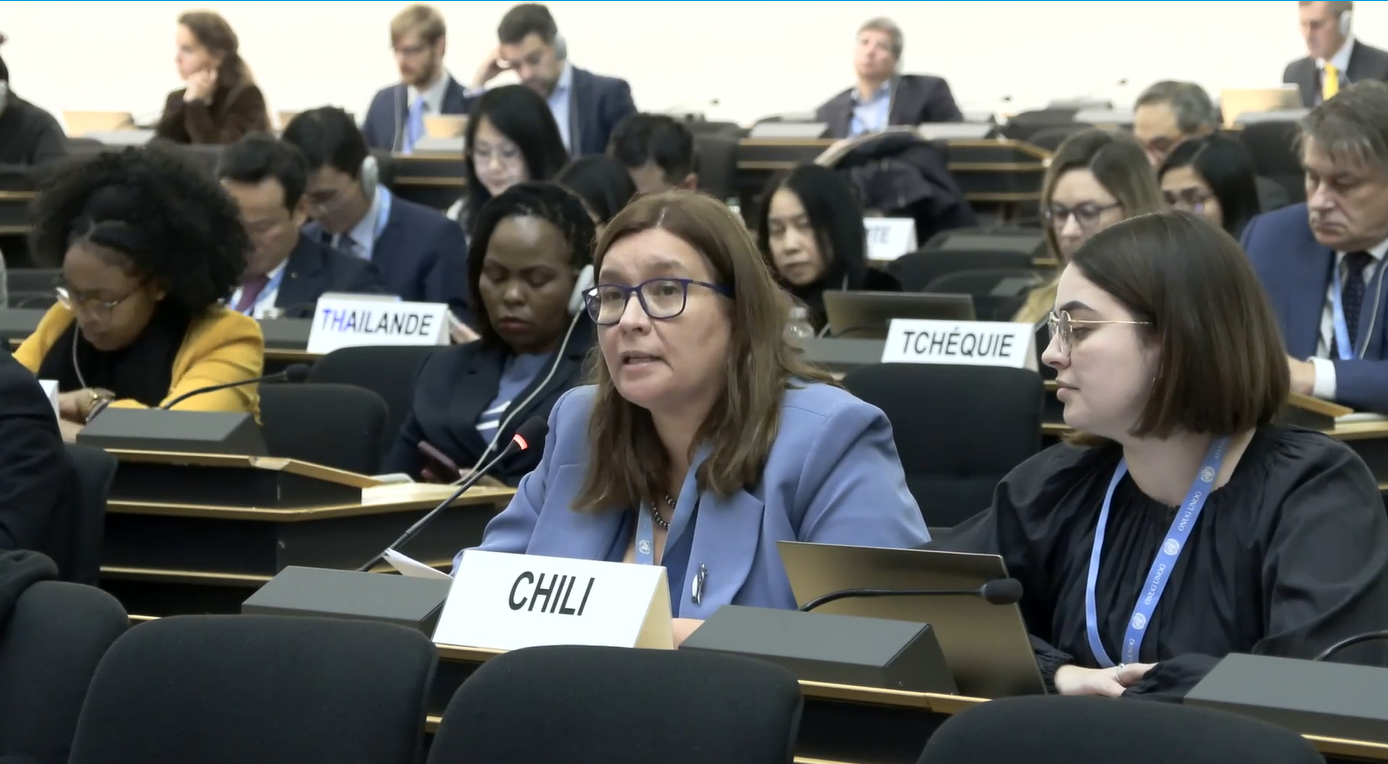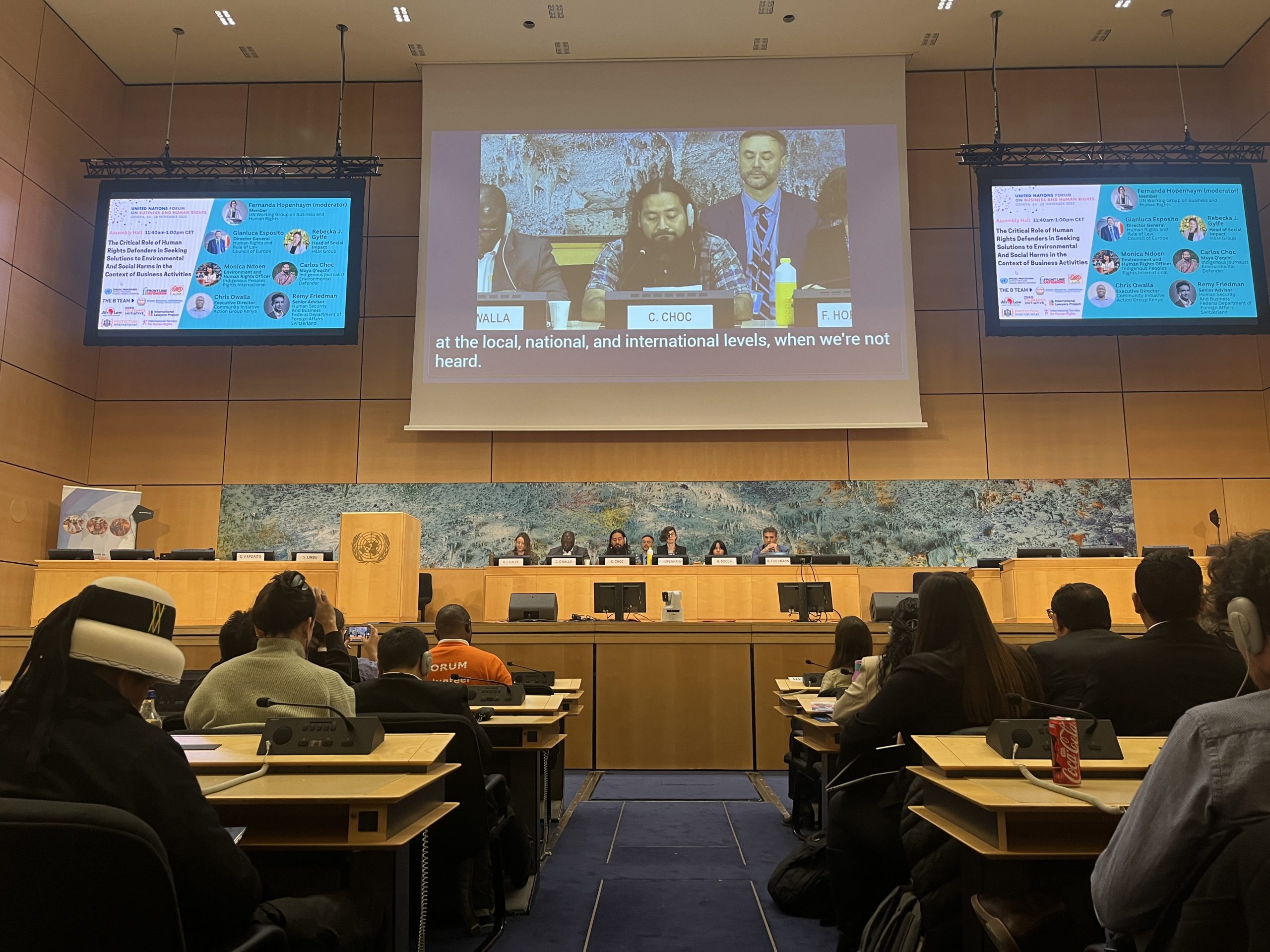The Guidance Note – which binds all UN bodies, agencies and processes under the authority of the Secretary-General – is issued pursuant to the Secretary-General’s ‘Call to Action for Human Rights’ and the commitment therein to develop a UN-wide strategy on promoting and protecting civic space.
The Guidance Note recognises that the meaningful participation of civil society actors at both the national and international levels is indispensable to peace, security, sustainable development, and the realisation of human rights.
‘The engagement of diverse civil society actors in civil, political, economic, social and cultural issues leads to more responsive and inclusive policies and services, enhanced social cohesion, and more resilient communities. Conversely, as the Guidance Note recognises, the restriction or repression of civil society actors contributes to “fragility, crisis and violence” and is a “clear early warning sign” of “a general deterioration of the political situation and to further human rights violations”,’ said ISHR’s NY Co-Director Eleanor Openshaw.
The Guidance Note recommends a range of actions that UN entities should take to:
- Support meaningful, diverse and inclusive civil society participation in policy and decision-making processes at the national and international levels – such actions should include strengthening access to information, and supporting and advocating for civil society participation in intergovernmental fora
- Protect civil society actors that are threatened or at risk, with a heightened responsibility to protect people against intimidation and reprisals associated with their engagement with the UN – such actions should include establishing protection policies and processes, and taking action to prevent and follow up on allegations of intimidation and reprisals
- Promote a safe and enabling environment for civil society actors at the national and international levels – such actions should include promoting a positive narrative about civil society and its vital contributions, and speaking out against restrictions and attacks against civil society actors both offline and online
Welcoming the Guidance Note, ISHR Director Phil Lynch said ‘Through this Guidance the Secretary-General has made clear that all UN entities and all UN staff have a role and responsibility in supporting civil society participation, protecting civil society actors from threats and attacks, and promoting an enabling environment for their work at the national and international levels. This is not the role of the Office of the High Commissioner for Human Rights alone, but must be understood to be central to the mandates of entities from the UN Development Programme, to Resident Coordinators, Country Teams and peacekeeping and peace building operations’.
Lynch also reiterated the ongoing need for the Secretary-General to develop a specific and binding UN-wide policy on the participation and protection of human rights defenders, with the Guidance Note recognising that defenders worldwide face heightened threats and risks, particularly women human rights defenders, environmental human rights defenders and defenders of indigenous and minority rights.
Also welcoming the Guidance Note, ISHR Programme Manager Salma El Hosseiny said it is incumbent on the Secretary-General and High Commissioner to lead by example when it comes to the recommendation that UN staff should ‘speak out against online and offline restrictions’.
El Hosseiny said: ‘We call on the Secretary General, the High Commissioner and other senior UN officials to speak out more strongly and consistently when human rights defenders are systematically repressed, as is currently the case in China, India, Egypt, Saudi Arabia and Venezuela, among many others’ says El Hosseiny. ‘This would increase the political cost of such repressive policies and practices, as well as show solidarity with the brave human rights defenders working for a better humanity.’
The development of the Guidance Note followed extensive advocacy and inputs from ISHR, as well as other key civil society actors such as CIVICUS, and was informed by consultations with national-level civil society actors worldwide.
The Guidance Note and Executive Summary are available here.
Contacts:
Photo: UN Photo/Mark Garten




